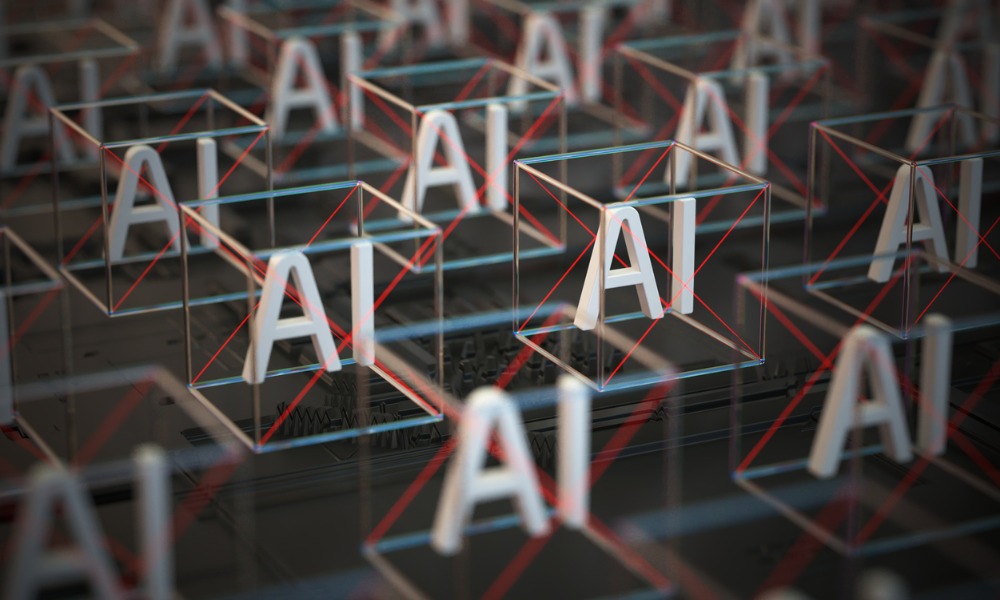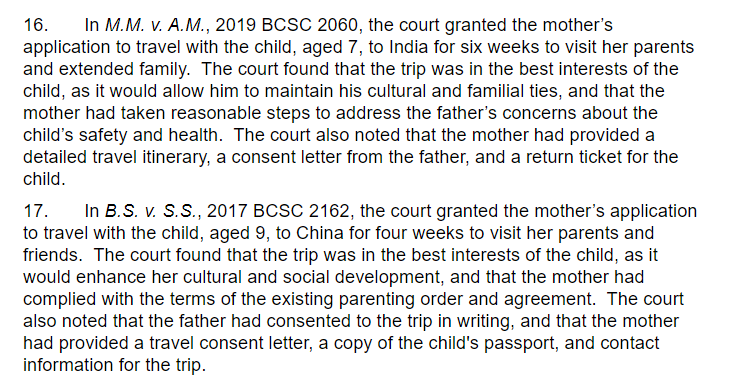
'Competence in the selection and use of any technology tools, including those powered by AI, is critical': B.C. Supreme Court judge

In a revelation that a B.C. Supreme Court judge called “alarming”, a Vancouver lawyer has been ordered to personally compensate her opponent’s law team for wasted time, as cases she submitted in an application were found to be ChatGPT-generated “hallucinations”.
"As this case has unfortunately made clear, generative AI is still no substitute for the professional expertise that the justice system requires of lawyers," Justice David Masuhara wrote.
The lawyer, Vancouver’s Chang Ke, was battling in court for her multi-millionaire client’s right to bring his children to China. The client, Wei Chen, lives and works in Shanghai. The children are Chinese nationals but live with their mother in West Vancouver. The two were involved in what Masuhara said was a “high conflict” divorce litigation which was settled in China in 2018.
The two detailed case summaries were submitted by Ke on December 6, 2023 as part of a formal notice of application in response to Chen’s application for parenting. They were the only two cases listed under the Legal Basis section of the application.

When Cheng’s lawyer contacted Ke’s team for details about the two cases, they were discovered to be fabrications created by ChatGPT.
Ke formally apologized with a letter, and also signed an affidavit saying she wasn’t aware of the risks of ChatGPT, CBC reported.
Masuhara, while believing Ke’s intent had not been to deceive the court, did order her to personally compensate Chen’s lawyers for the time they spent clearing up the confusion.
The B.C. Law Society weighed in after the decision on the ChatGPT costs was released, reminding lawyers that “the ethical obligation to ensure the accuracy of materials submitted to court remains with you."